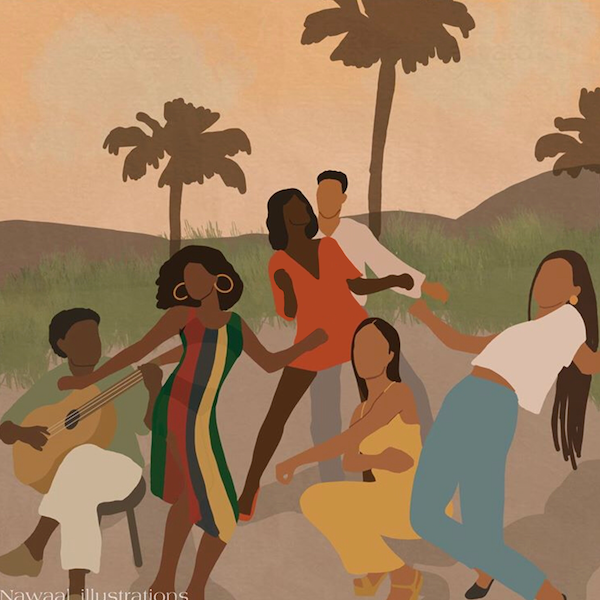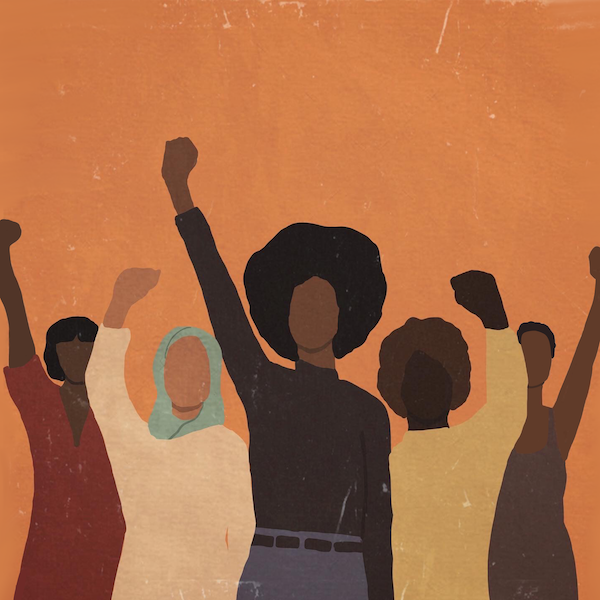Mental Health and Wellness Resources for Students of Color
For students of color, mental health care can sometimes feel inaccessible or irrelevant, and recent research has found major disparities in mental health treatment for students across races and ethnic backgrounds.
View the resource

